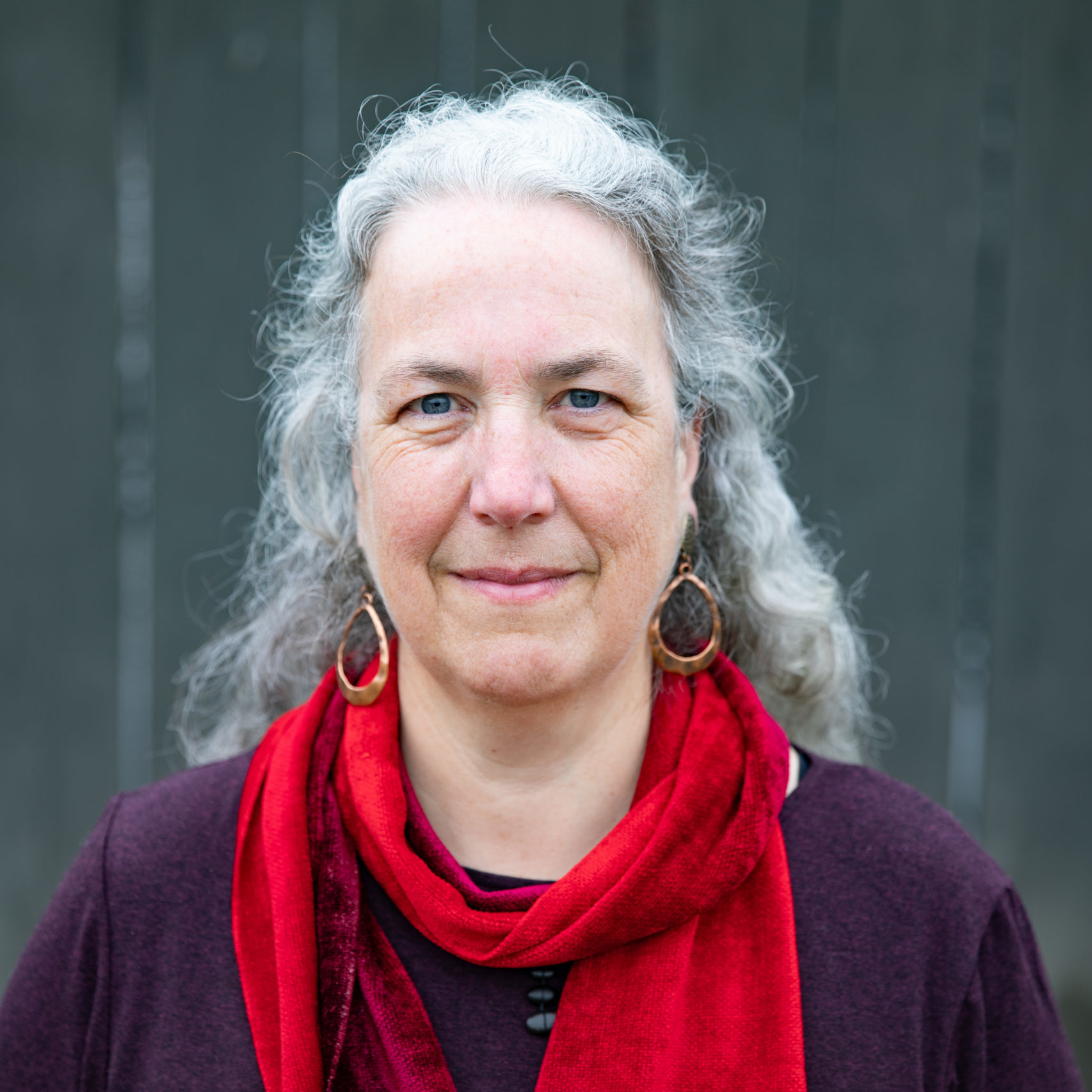Dr. Elizabeth Sawin
“Multisolving” is coming soon from Island Press! Pre-oder now using code MULTI for 20% off

Dr. Elizabeth Sawin is the Director of Multisolving Institute. Beth is an expert on multisolving, actions that address equity, climate change health, well-being, and economic vitality as integrated issues. She developed the concept after studying bright spots around the world where people created systems change by building connections across silos. In 2021, Beth founded Multisolving Institute to share this research and to develop tools tailored for multisolving.
Beth has dedicated her career to the theory and practice of creating change in complex systems. She trained in system dynamics computer simulation with Donella Meadows at Sustainability Institute. At the Institute, she also supported sustainability leaders from around the world as they used system approaches to conserve land, enact climate policy, restore rivers, promote healthy communities, and more.
Prior to founding Multisolving Institute, Beth co-founded the think tank Climate Interactive to develop tools for grappling with the complexity of the climate system. She led Climate Interactive’s efforts to integrate measures of equity, health, and well-being into decision-support computer simulations.
Beth writes and speaks about multisolving and leadership in complex systems for both national and international audiences. Her writing has been published in Non-Profit Quarterly, The Stanford Social Innovation Review, U. S. News, The Daily Climate, and System Dynamics Review. Her work has been widely covered including in the New York Times and the Washington Post. Her book Multisolving: Creating Systems Change in a Fractured World will be published by Island Press in November 2024.
She has two adult daughters and lives in rural Vermont where she and her husband grow as much of their food as they can manage.